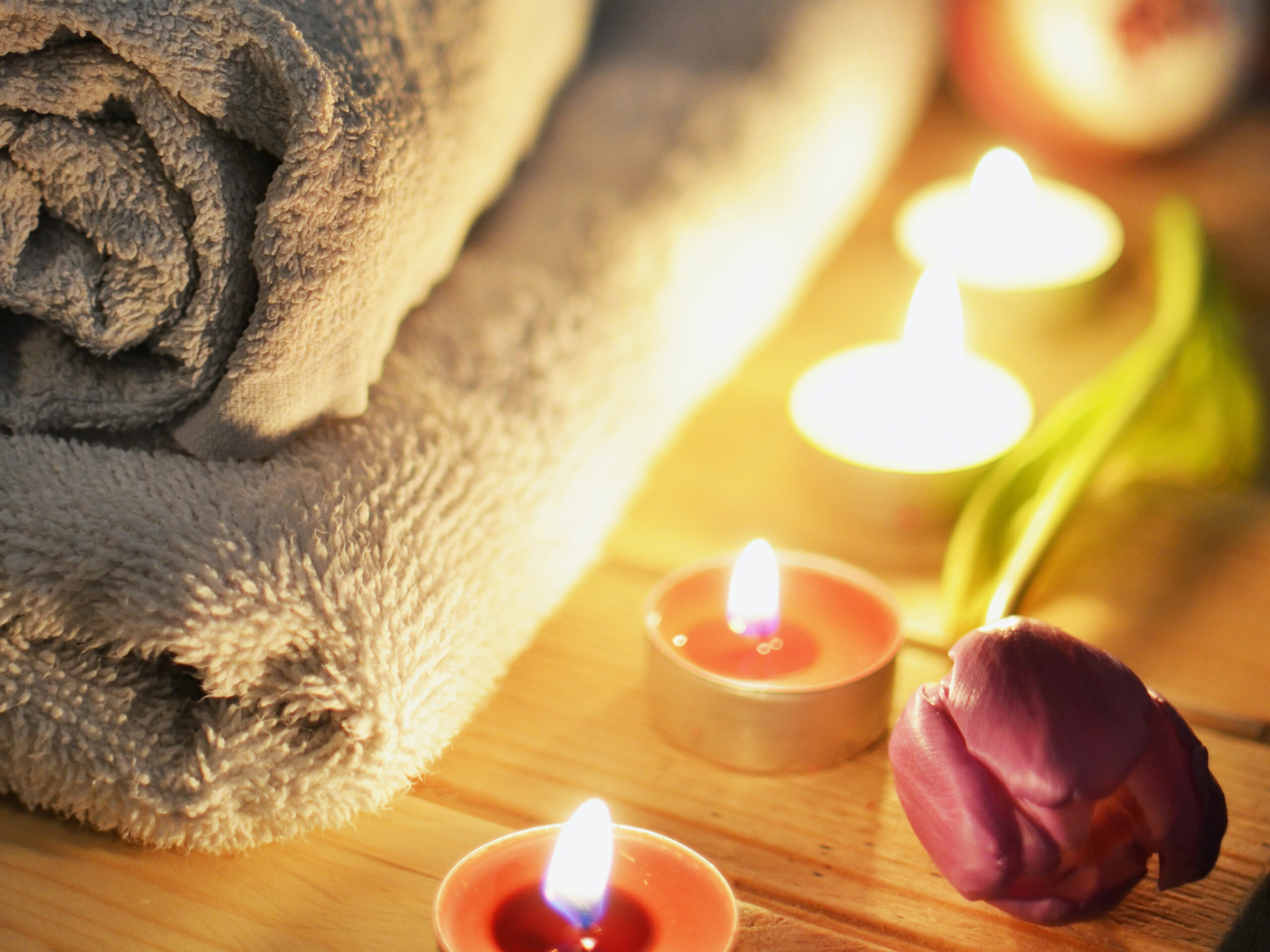
All too often, self-care products for men are advertised with a sense of rigid masculinity. From product names to commercial concepts, male self-care products hail the same theme: it’s okay to be clean and feel beautiful, as long as it is done in a “manly” way. On the opposite side of this, women’s products are often advertised as being delicate, sexy or overly feminine. However, while these products are advertised in polar ways, they all serve the same purpose: self-care and wellness. In order to break down gender norms and stereotypes, manufacturers must stop gendering self-care products and instead opt for a neutral aesthetic that can include everyone on the gender spectrum.
Feeling beautiful and taking care of oneself should not be something that is exclusive to just women. However, the enforcement of gender norms in childhood prevents this from being a reality. From a young age, boys and girls are taught to comply with their respective gender norms through experiences as simple as toy commercials. Girls are taught to play quietly with dolls, toy salons and makeup while boys are taught to roughly play outside with toy guns, trucks or action figures. It is no wonder that by the time men reach adulthood, they are stuck with the ridiculous belief that products intended for beauty and upkeep are too feminine for them to partake in. Thus, fragile masculinity promotes hypermasculine advertising for male self-care products so as not to emasculate the man who uses them.
Fragile masculinity has so heavily influenced the scope of male self-care that even the names of certain products must reflect some overly masculine characteristic in order to coddle the male ego. People need to wake up and realize that feeling beautiful and clean is something that is normal for any gender. Fragile masculinity is outdated, and in a time where it has been normalized for men to shed traditional gender stereotypes, self-care products should also undergo heavy revision.
Breaking down gender norms is important to cultivate a safer environment for those who do not identify with binary genders. As such, heavily gendered beauty products or advertisements are more harmful than they appear. To say the least, they are non-inclusive and enforce stereotypes that reflect male aggression. Much worse, they also could reinforce the alienation of nonbinary individuals if not revised.
Society has progressed past the need for frigid gender norms and stereotypes. After all, people are becoming increasingly aware of the fact that gender is not so black and white. In order to support this growing understanding, self-care products should become more gender-neutral in order to keep up with the times.
As people become more educated on the ideas of gender and sexuality, more people are also starting to become aware of where they stand on the gender spectrum. After all, gender is a social construct, and if self-care products were made gender-neutral, many individuals who identify as nonbinary will feel more included in the process of feeling beautiful. Even better, if self-care products begin advertising themselves as gender-neutral, it is likely that many more facets of the growing beauty industry may follow suit. As a result, this will surely benefit many individuals and help them feel comfortable taking care of themselves.
In truth, the biggest reason why beauty products are so heavily divided when it comes to gender is because of outdated concepts of gender expression. However, in a fast-changing society with people becoming more aware of who they are and the social construct that is gender, it is time for the beauty industry to reflect these changes. Self-care should be all-inclusive and not made for just one gender to enjoy.







